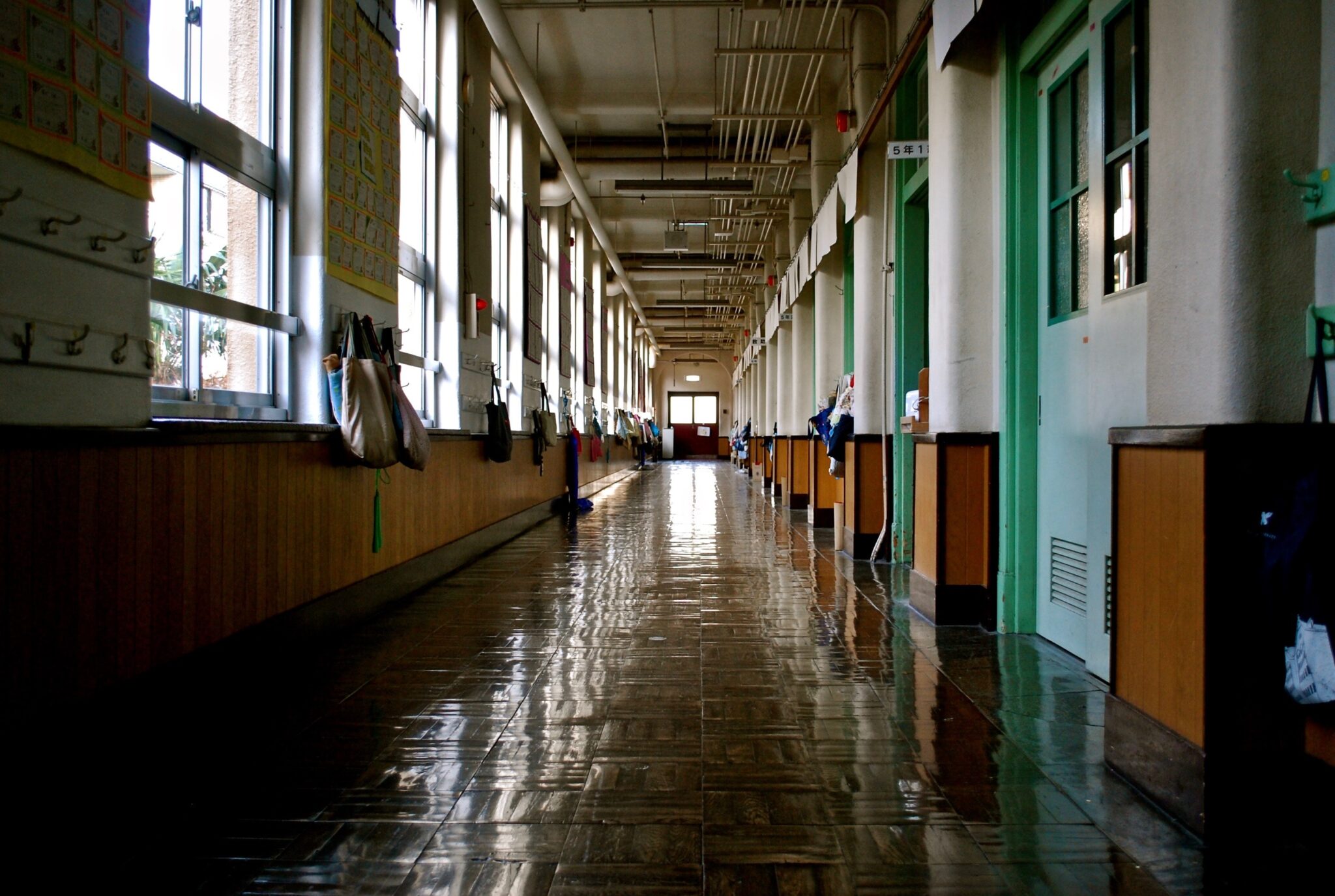
Gilbert Placeres is a student at Harvard Law School.
In today’s News & Commentary, Hamilton Nolan on the political role of public sector unions, Apple sued for gender discrimination in pay, and unions ask the NLRB to not issue a new joint employer regulation.
In In These Times, Hamilton Nolan writes about the recent Fairfax County, Virginia public school employees’ union election victory and argues that public sector unions play a pivotal role in improving public services and defending democracy. According to him, attempts by the Republic Party to quash public sector unions are part of an anti-democratic strategy to sap Democratic power and ease the path to making states more corporate-friendly and right wing. This makes the political role of public sector unions, particularly in red states, as important as their economic role for the workers themselves. For instance, teachers unions are not just important so that teachers can make a decent living but also so that public school systems are well-funded and prioritized. As David Walrod, President of the Fairfax County Federation of Teachers, put it, “I know every teacher wants to just stay in their classroom, and every teacher wants to make sure that they’re doing the best job for their kids that they can. But part of the reality is that anything you do has a basis in politics.”
Key to the electoral victory was sowing solidarity between the two bargaining units, one consisting of 16,000 teachers and the other 11,000 operational employees. “If we don’t have bus drivers, kids can’t get to school. If we don’t have custodians, teachers have to clean their classes. If we don’t have food service workers, then nobody is going to feed the kids. Do you see where I’m coming from?” asked Leslie Houston, president of the Fairfax Education Association. Walrod hopes to see the Fairfax victory begin a “ripple effect” of public sector unionization across Virginia.
Two female Apple employees filed a gender discrimination class action suit against the tech giant on Thursday, accusing it of systematically underpaying its female engineering, marketing, and AppleCare workers relative to their male counterparts doing similar work. The proposed class action seeks to represent 12,000 current and former female employees. Plaintiffs Justina Jong and Amina Salgado claim the firm’s hiring and performance evaluation practices are biased, including inquiring about job candidate’s prior pay history and, after the practice was outlawed in California, their pay “expectations.” Apple is not the first tech firm hit with a gender discrimination suit in recent years, with Google and Oracle reaching settlements of $118 million and $25 million respectively.
Lastly, the AFL-CIO and Service Employees International Union (SEIU) petitioned the National Labor Relations Board to stop attempting to issue new regulations on joint employer classification. Instead, they ask the Board to revoke a Trump-era rule and, rather than replace it, allow for the development of joint employer law through case adjudication. The Board had issued a new joint employer rule which was then struck down by a Texas federal judge last year and is now on appeal in the Fifth Circuit Court of Appeals. The unions argue that case adjudication is preferable because it “would align with the fact-intensive, case-by-case inquiry required by the common law.”






Daily News & Commentary
Start your day with our roundup of the latest labor developments. See all
January 11
Colorado unions revive push for pro-organizing bill, December’s jobs report shows an economic slowdown, and the NLRB begins handing down new decisions
January 9
TPS cancellation litigation updates; NFL appeals Second Circuit decision to SCOTUS; EEOC wins retaliation claim; Mamdani taps seasoned worker advocates to join him.
January 8
Pittsburg Post-Gazette announces closure in response to labor dispute, Texas AFT sues the state on First Amendment grounds, Baltimore approves its first project labor agreement, and the Board formally regains a quorum.
January 7
Wilcox requests en banc review at DC Circuit; 9th Circuit rules that ministry can consider sexual orientation in hiring decisions
January 5
Minor league hockey players strike and win new deal; Hochul endorses no tax on tips; Trump administration drops appeal concerning layoffs.
December 22
Worker-friendly legislation enacted in New York; UW Professor wins free speech case; Trucking company ordered to pay $23 million to Teamsters.